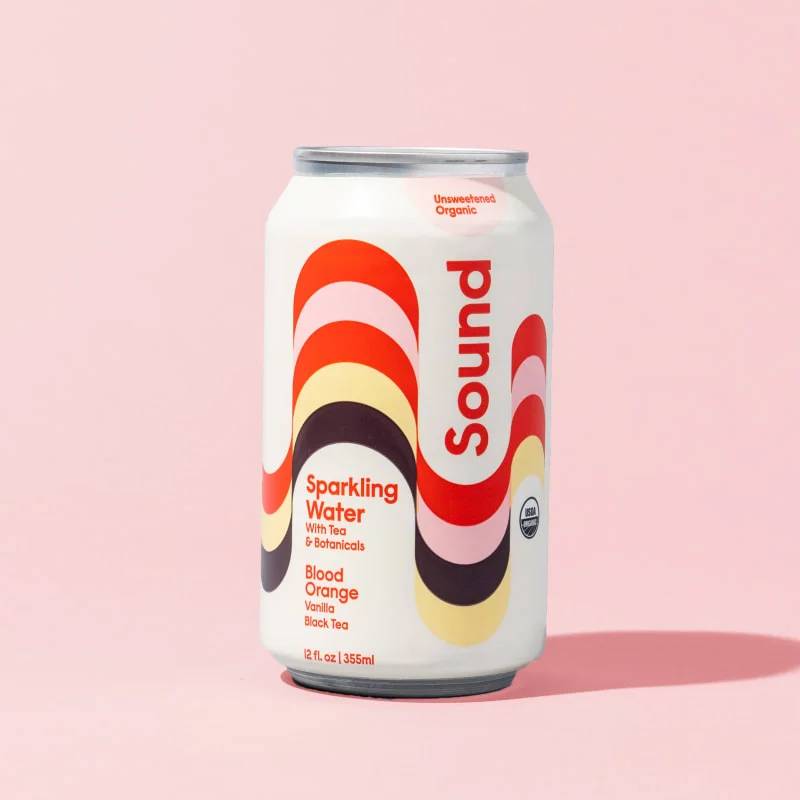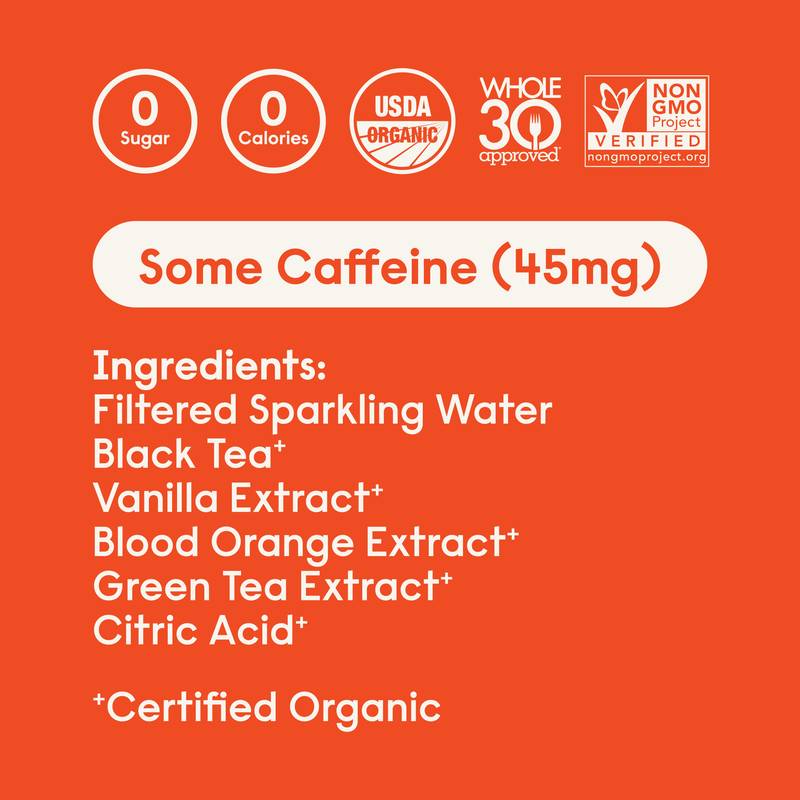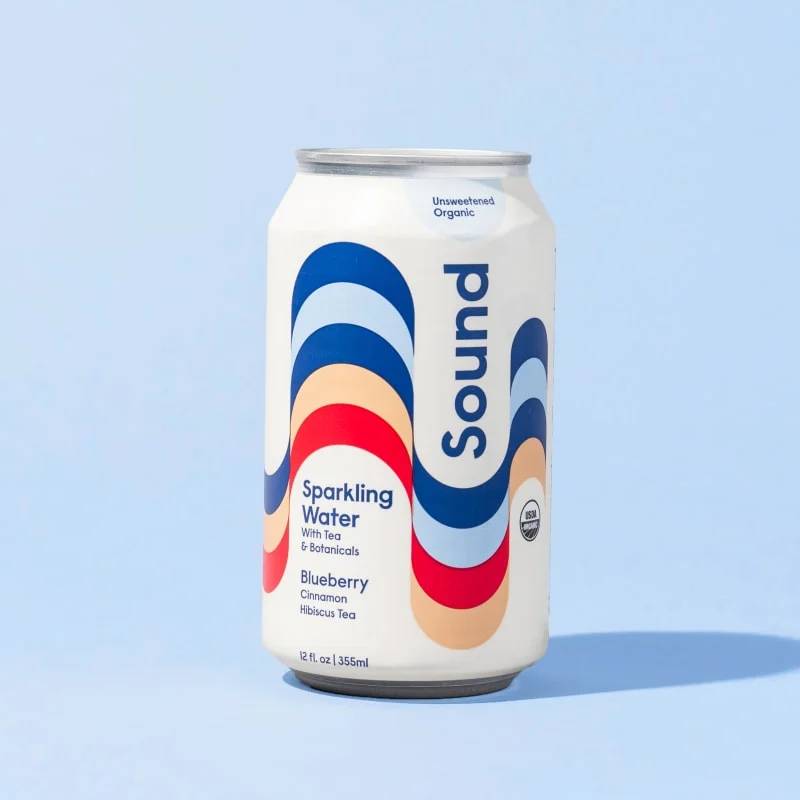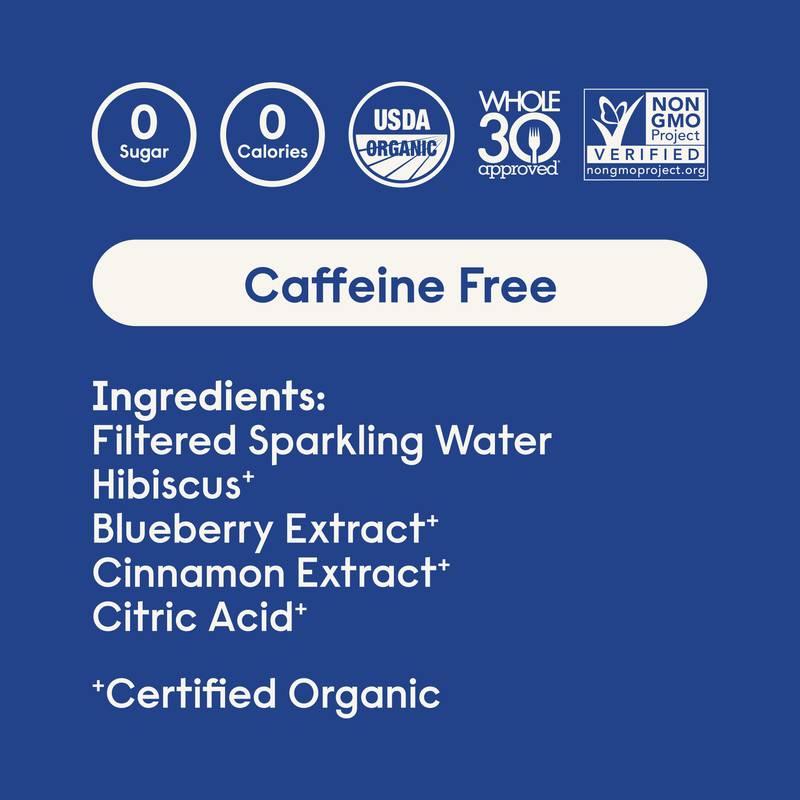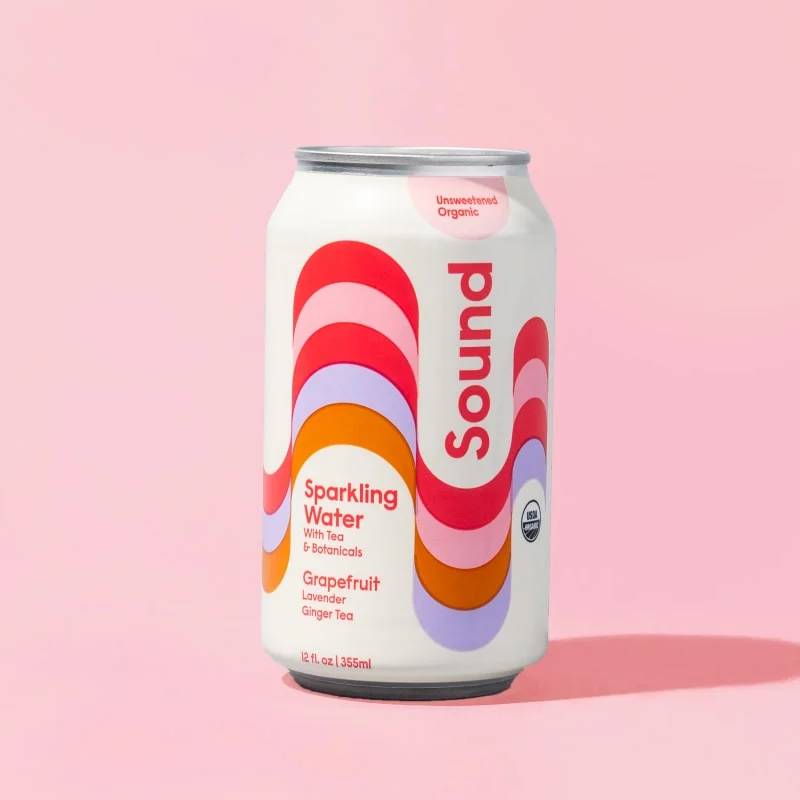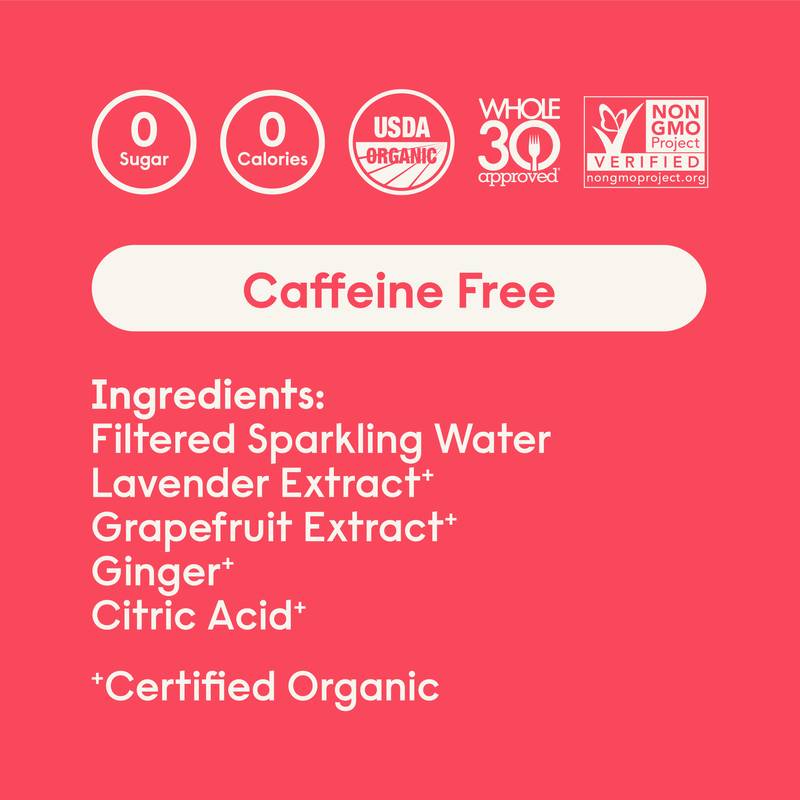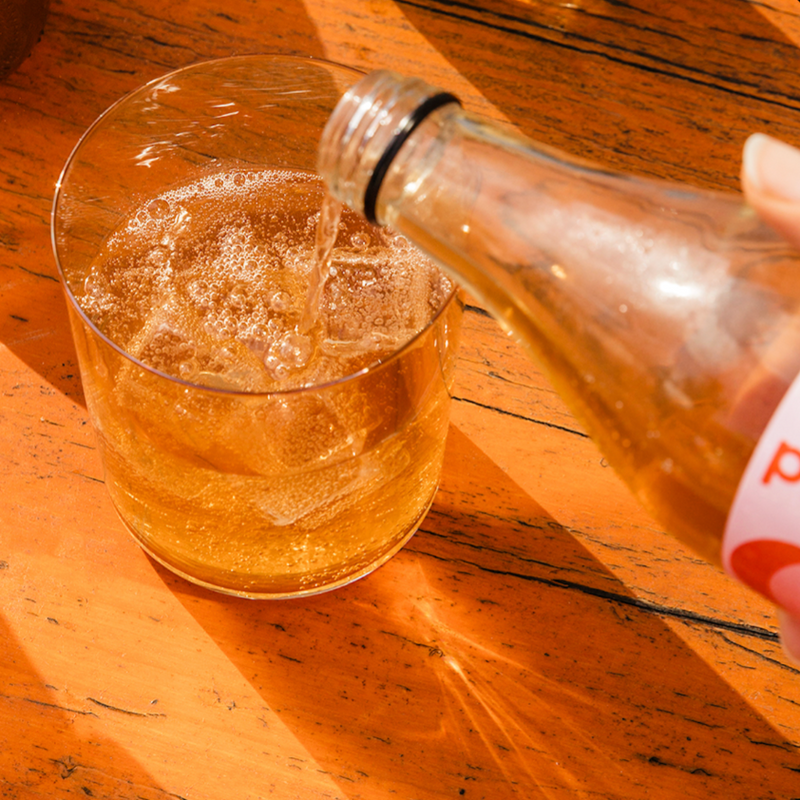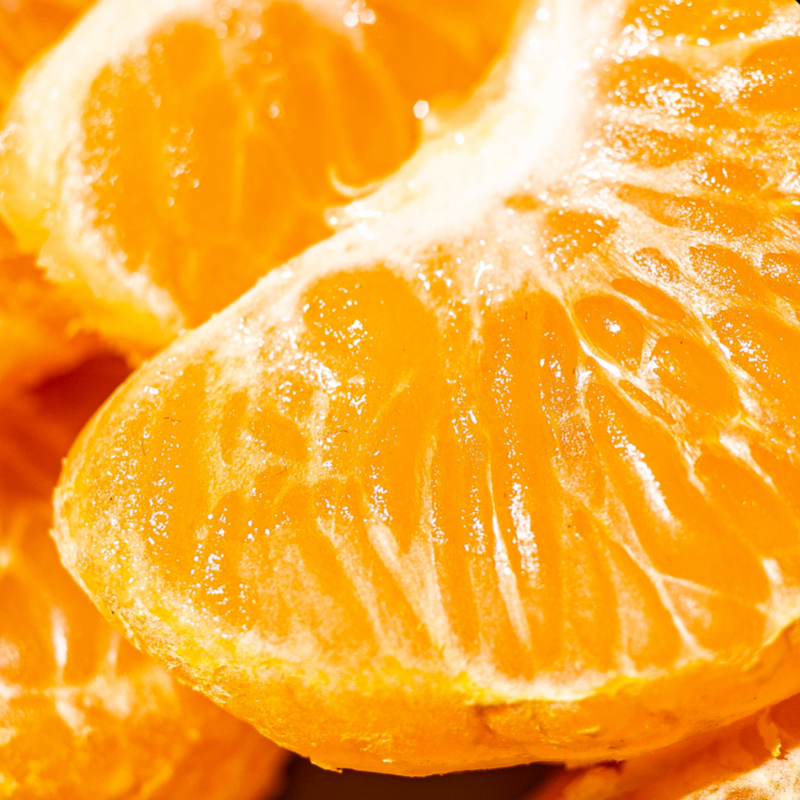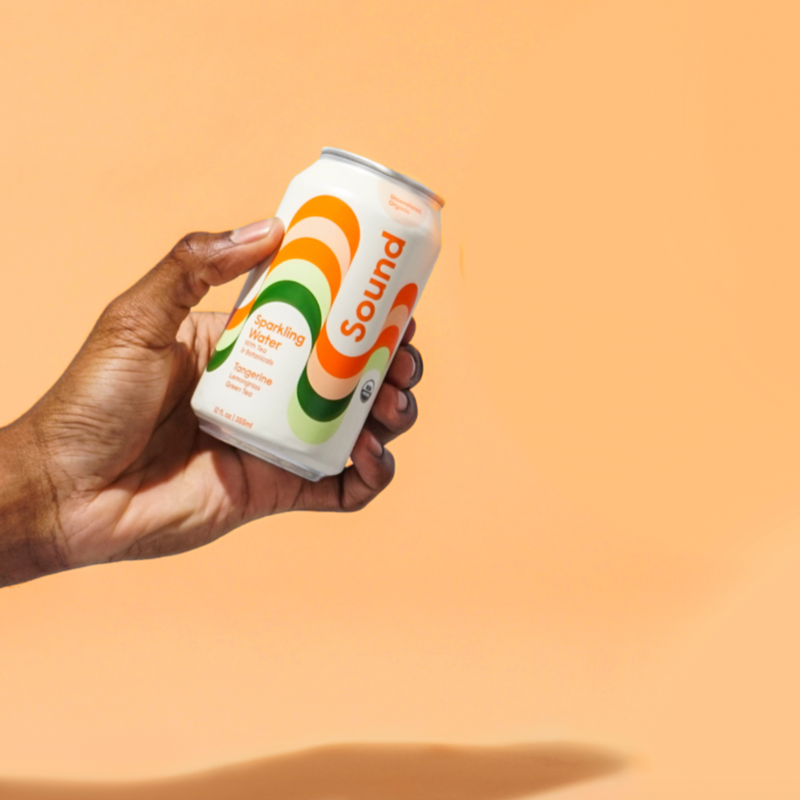It’s no doubt that we’re all a little extra focused on ways to support our immunity these days. Because when our immune system is working at its best, if we do get sick, we are more likely to recover swiftly. And that’s simply because the entire function of our immune system is to protect the body from harmful invaders. By supporting it with good lifestyle choices, we’re helping to create a situation in which our immunity can do the best job it can. Today, we’re diving into tried and true ways to help build a strong immune system.*
-
Eat lots of veggies, and some fruits too! Antioxidants are some of our strongest fighters against inflammation, and these foods are the best sources of them. Veggies especially are key to incorporate daily into the diet. Switch up what you serve to get all the benefits. Have broccoli and mushrooms one day, spinach & onion the next. Throw in some berries too!
-
Include probiotics & prebiotics in your diet. About 80% of our immune system resides in our gut, meaning the two are incredibly closely related. So if your gut is in a good place health-wise, it’ll reflect a stronger immune system as well. First, we want to put healthy bacteria into our gut = probiotics. Think fermented foods, like a quality yogurt or Kefir, pickled veggies, kimchi, sauerkraut and miso. We also need to make sure to feed those bacteria to keep them alive and thriving, and that’s where prebiotics come in. Prebiotics are food for probiotics. Great sources are berries, broccoli, ground flaxseed, chia, the meat of an apple or potato, beans, garlic and onion.
-
Incorporate bone broth. First off, bone broth is a good source of protein which we know is vital for creating healthy immune cells, including antibodies. Bone broth is specifically rich in a type of protein called collagen, which plays an important role in keeping the gut lining strong and intact; when the gut lining breaks down, inflammation thrives. Amino acids in collagen, like glycine, have even been shown to increase the number of immune-protecting cells.
-
Don’t forget your vitamins! If you’re eating a balanced, whole food diet, you may not need to supplement with additional vitamins. In fact, it’s been shown that eating foods in their whole form is frequently better absorbed & used by the body than individual supplements. Here are a few vitamins & minerals especially important when it comes to immunity.
-
Vitamin C. Did you know that one bell pepper has more than double the vitamin C of an orange?! Some other vitamin C-rich foods are are berries and citrus. Veggies like broccoli & spinach have vitamin C too; enjoy them raw if you can because cooking them will reduce C.
-
Vitamin D. Key for healthy immunity, yet most people have low levels of D. One of the reasons for this is that there is so little vitamin D in the foods that we eat (it’s mainly found in fatty fish, fortified foods like milk, and mushrooms grown outside 🙃). Get your level checked with your doctor (almost always covered by insurance), and then take the dosage recommended by your MD/RD based on your individual level. To best absorb this immunity booster, it’s recommended to take vitamin D with a meal that has some fat in it (like EVOO or avocado).
-
Vitamin B6. Found richly in chicken, pork and cold-water fish like salmon and tuna, this nutrient is vital for biochemical reactions that support our immune system. Chickpeas are a good non-animal source of B6.
-
Zinc. This baby’s use to treat and help prevent the common cold is not new news. It’s been shown time & time again that inadequate zinc levels are associated with a whole host of problems related to immune dysfunction. Find the richest sources of zinc in animal-based options like beef, lobster and pork. Oysters are actually one of the most zinc-dense foods — about 10x more zinc than the same portion of beef! Non-animal sources include beans, pumpkin seeds, cashews and almonds.
-
Selenium. A lesser known antioxidant, selenium helps negate damage done by harmful free radicals. Brazil nuts are the richest source of selenium (it’s usually recommended to keep to just a couple / day because you can have too much). Tuna and shellfish are good sources of this mineral too.
-
Omega3s. This essential fatty acid helps reduce inflammation in the body, but most Americans don’t eat enough of it. The best sources are fatty fish like salmon, mackerel, sardines and herring. Other good sources are pasture-raised, organic eggs, as well as walnuts, ground flax, and chia.
-
-
Hydrate! Water, bone broth, sparkling water and herbal teas count as hydration IMO! Try not to overdo it on the caffeine, because these bev options can actually make us more dehydrated.
-
Move your body. Whether it’s going for a walk, run or doing a strength training class, movement is supportive of healthy immunity. Find a type of movement that you enjoy & you are therefore more likely to stay consistent with. Regular activity has been found to reduce the risk for all sorts of disease, even severity of disease from infections like that of COVID-19.
-
Sleep! So key for regeneration and healing, here’s some tips to help you get better sleep.
Of course, hand washing and proper overall hygiene is essential for preventing the risk for viral infections, like COVID-19. The above lifestyle factors are things we can take into our own control to help reduce the risk of getting sick or if you do get sick, help to reduce the chances of that sickness progressing to more severe illness.
*Of course, always speak to your clinician to determine what is best for you. This piece is meant to provide education, not to act as prescription.
